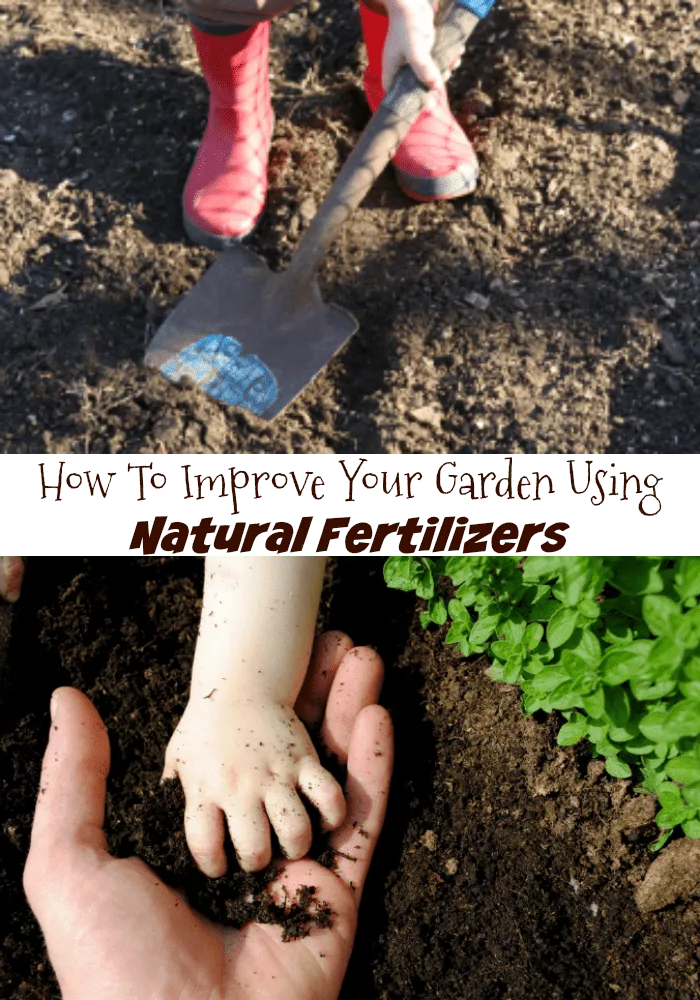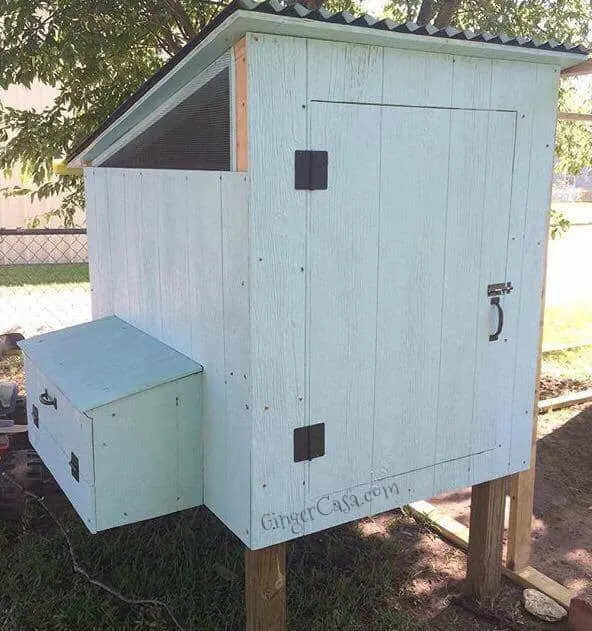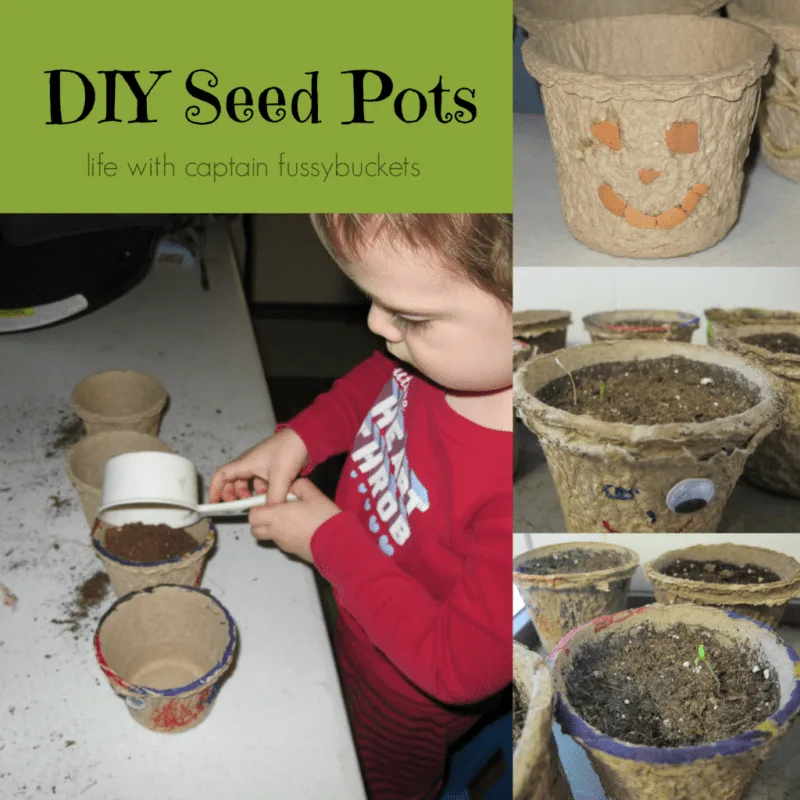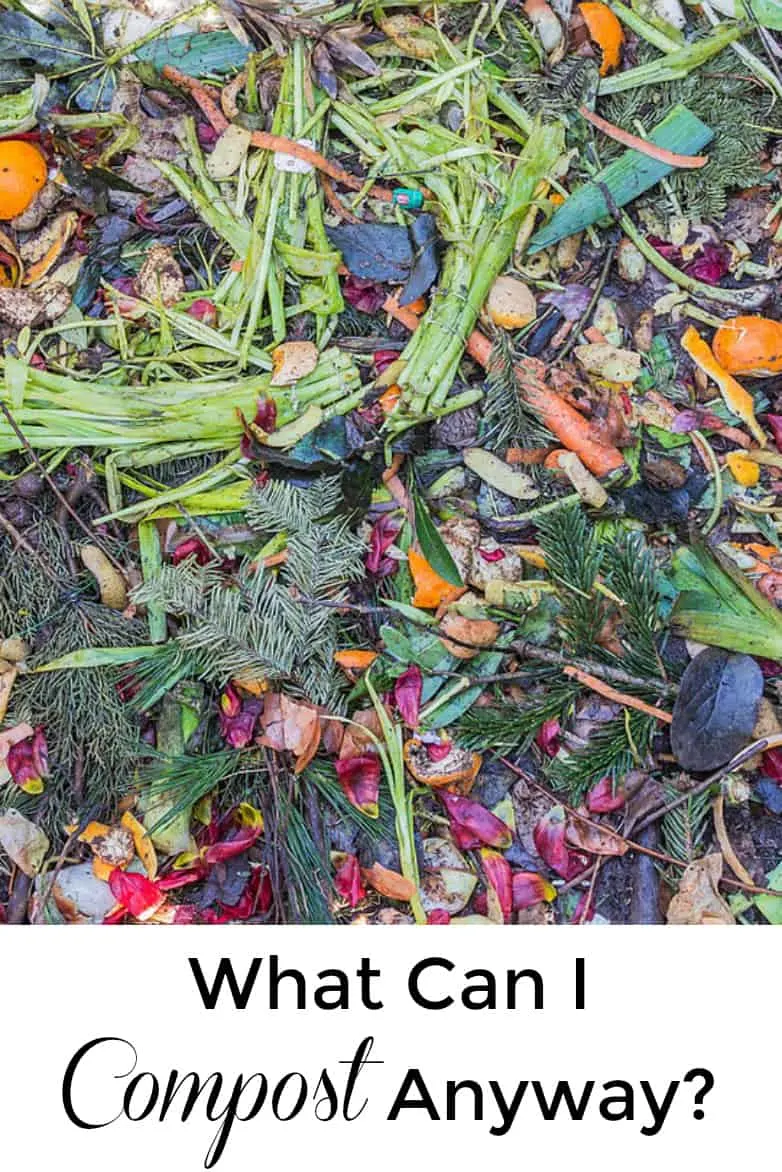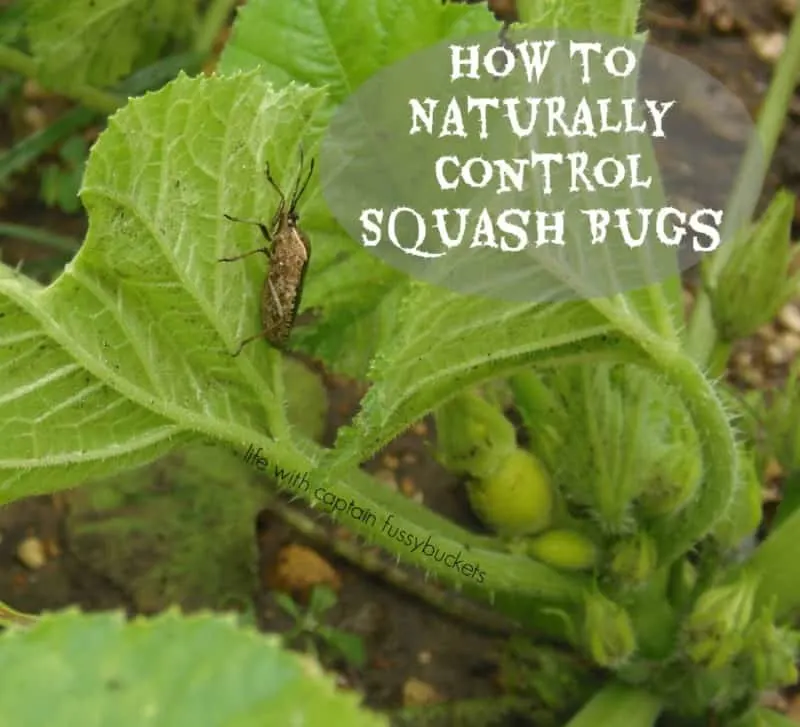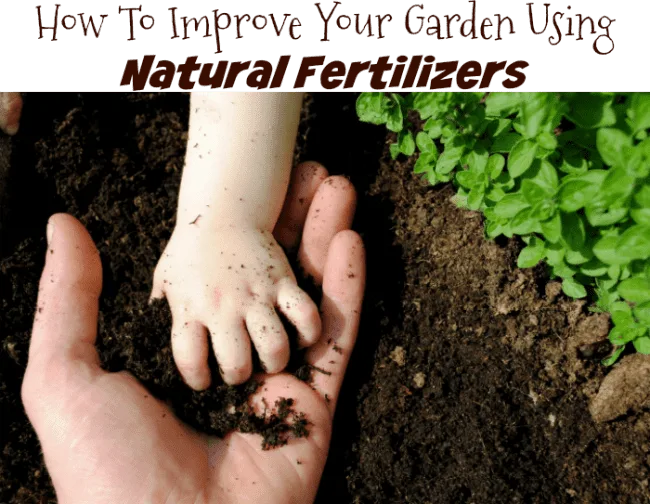
If you are like many gardeners, you take painstaking efforts to ensure that you are using organic gardening methods and making adjustments to be sure that your garden is sustainable. As you are likely concerned about not only your health but your family’s health as well, you may be wondering about the best natural fertilizers you can use to increase the yield in your garden. Look no further. Here are some tried and true ways to improve your garden using natural fertilizers.
Chicken Manure
Years ago, before we had chickens, I actually found and purchased a bag of chicken poo. I spread it out over my garden and mixed it in with the soil and that year, my garden was the best and biggest it had ever been! Chicken manure is jam packed with nutrients, including nitrogen, which gardens desperately need. You do have to either compost it or mix it in with the soil to prevent plants being burned by the nitrogen, however.
Over the winter, I used pine shavings in our chicken coop to help keep them warm. It absorbs the water and helps warm the coop, even though they are not actually laying in it. Instead of scraping the droppings out every few days, I just let it all accumulate and only sprinkle some more shavings if the poo got out of hand. With six chickens, however, it was fine. About two months ago, I cleaned the chicken coop and loaded everything into a wheelbarrow and spread it out over the garden. Mix it in with the soil and your garden will be good to go.
Fish are Friends
Did you know that fish are a fantastic addition to the soil, especially the soil of your tomato plants? It isn’t rocket science either, if you have access to raw fish, fish parts, or are willing to reach out to a local restaurant you can do this. Simply dig a hole in the soil about 12 inches deep and toss in your fish or fish parts, cover with a small amount of soil and then plant your tomatoes.
Rabbits are Good Fertilizers
Alive and well rabbits can produce quite a bit of healthy manure for fertilizing your garden. The best part about rabbit manure is that it does not require a seasoning period like most other manures do, it is not acidic and will not burn your plants when applied fresh.
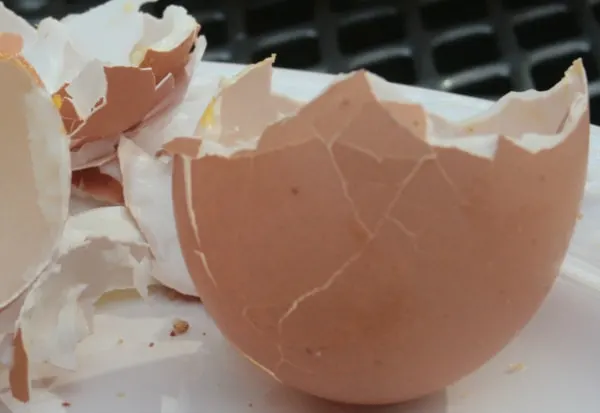
Save Your Shells
Egg Shells are a fantastic free supplement for your plants (free because you were going to throw them out anyway, right?) Simply save all of your shells, let them dry and then crush and powder them in a coffee grinder. Sprinkle all around the bases of your plants and your plants will begin receiving an added dose of calcium, phosphorus and a small bit of nitrogen as well.
Epsom Salts...Not Just For Baths
Used when planting tomatoes or for spraying on foliage for added magnesium and sulfur, Epsom salts are a gardener’s friend. Simply combine 1 T of salts to 1 Gallon of water and then spray on your plants.
Acidic Needs
When you have plants that thrive in a more acidic soil, don’t purchase overpriced fertilizers, use what you have on hand. Take your used coffee grounds and dry them well then sprinkle at the base of your acid loving plants (think blueberries) then watch the plants flourish.
Though the above are all helpful for different plant needs, across the board all plants need healthy, rich soil. The best way to attain this is by composting your household kitchen waste to garner the benefits that you may be throwing away.
Kitchen composting need not be complicated, though many of the “formulas” you will find with a quick internet search will leaving you feeling as though you need a scientific degree to do it properly. Simply make a pile, preferably in full sun and start tossing. Use any fruit (except citrus) scraps, vegetable scraps, newspaper, grass clippings, leave rakings, etc. Do not use dairy, or meat byproducts but most other non-cooked food items are fair game if they are of the fruit and vegetable variety. This mound, over time, (like 8-12 months) will go from rotting food to black gold soil with zero odor and amazing nutrient rich, worm infested fertilizer. Once you have your own fertilizer just work it into your rotational planting in the spring and stand amazed at what that “garbage” can do for your plants. (Check out What Can I Compost? for a full list.)
Best of luck for your naturally fertlized garden this year!
